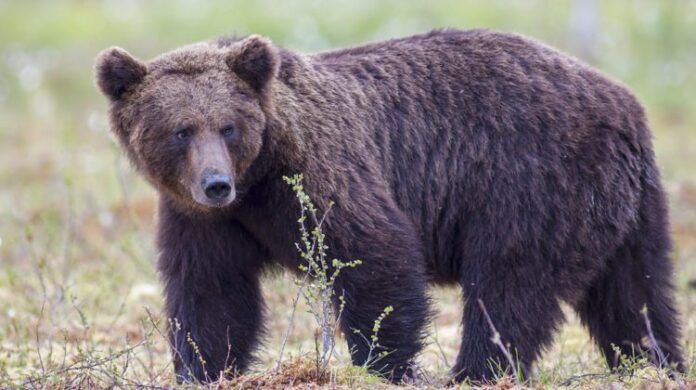Following a black bear attack in Powell River, WildSafeBC is reminding everyone that simple precautions can go a long way to preventing a bear attack.
Program manager Vanessa Isnardi says attacks like the one in Powell River are rare, but precautions are necessary nonetheless.
“That first begins with when we’re going for a walk with our pets, make sure they’re kept on a leash and don’t chase after bears and bring an angry bear back on you,” said Isnardi.
“Also, we recommend people carry bear spray in case things go wrong and they’ve done everything they can to alert bears in the area of their presence like making noises and check for scat and claw marks on trees.”
Isnardi suggests bringing a friend and talking loud enough to scare away a would-be predator. Also, don’t wear earbuds so you can hear an unwanted predator in the area.
When it comes to seeing bears on the trails in the wild, Isnardi says one of the most important things is to not run.
“Running can trigger a chase response and a bear that may not have been interested in you before may take interest in you now,” said Isnardi. “The first thing you want to do is stop, assess the situation and if there’s a bear on the trail, give it plenty of space and back out of the area.”
She says the vast majority of situations with bears, where we part ways and nothing more happens.
In situations where bears seem to be approaching people on a trail, while rare, it can be a very dangerous situation.
“In those cases, you want to stand your ground, be very assertive, yell at the bear, if you have bear spray you want to have it ready,” she said. “If the bear were to attack, you want to fight that bear off. I don’t want people to get panicked, these are very rare situations.”
Isnardi says the situations and reactions can vary depending on the bear and its behaviour. But, the phrases “if it’s black, fight back” and “if it’s brown, lie down” don’t necessarily reflect the best response.
With the long weekend approaching, Isnardi encourages campers and other recreators to be aware of their food, keeping it sealed and out of the reach of bears, and have a clean campsite.
The goal is to keep bears and other animals from associating humans with a food source, according to Isnardi.
A free course about bear safety can be found on the WildSafeBC website.






